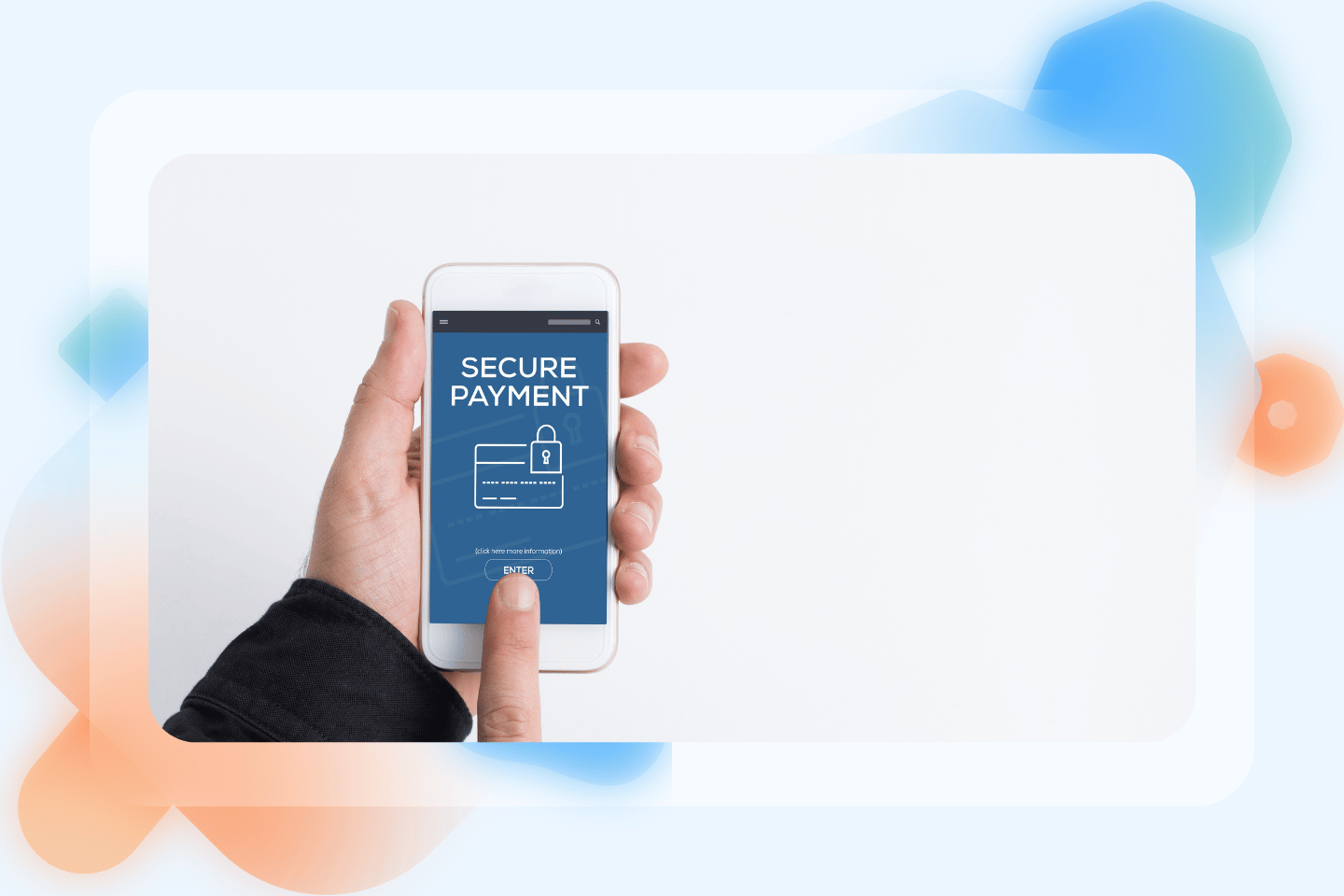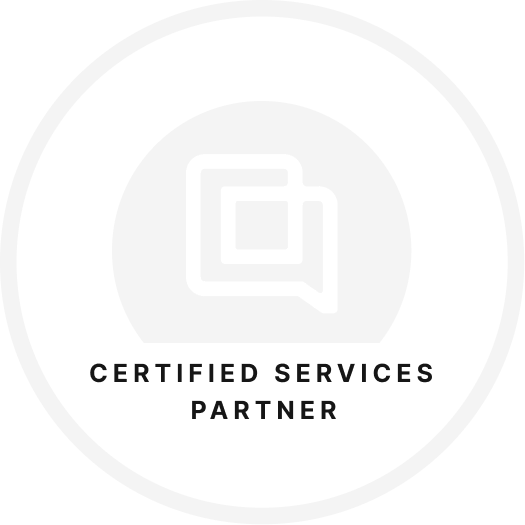How are your customer response times? Is your current average response time a turn-off? Does it cause a lot more dissatisfied and frustrated customers than happy, loyal ones? If you’re nodding, you might as well hand over your customers to your competitors.
Why? Because almost two-thirds of consumers will switch brands after just one negative customer service experience—and a customer service question with endless waiting time isn’t really counted as a good one. After all, slow customer service response times are like kryptonite that weakens your brand image until nothing is left.
Ready to slash your average response time and turn customer inquiries into customer support opportunities? Here are six tips for delivering lightning-fast customer service response times and turning your customer service team into a powerhouse.
Why is it important to have a fast customer response time?

Customer response time is the duration it takes your business to respond to a customer’s query or inquiry. This can be via different support channels like email, phone, social media and live chat. Prioritizing fast customer service response times is essential because:
It directly affects customer satisfaction.
Customers nowadays expect quick responses. And according to HubSpot Research, almost two-thirds of consumers expect a response within ten minutes. Additionally, waiting on hold, explaining their issue repeatedly to different agents, and slow response times are the most frustrating aspects of getting customer service help.
What does this mean? Failing to meet expected customer response time contributes to an overall customer experience that can be remembered as dissatisfactory.
It reduces customer churn.
Fast responses to customers is an open opportunity to retain them long-term. The faster your customer response time is, the more it shows that your business is there for them and that you value their time. 73 percent of customers say valuing their time is the most important service to provide. Contrary to that, respond tardily and it will leave your customers unsure if you even care.
It resolves problem sooner before it escalates.
Not all customers reaching out have a major problem—sometimes they just have minor inconveniences. But if a small issue is left unaddressed, it can quickly snowball into a bigger concern.
A quick response allows you to nip issues in the bud before they escalate into full-blown customer service headaches. Actually, almost all (95%) complaining customers will do business with you again if their complaints are resolved immediately.
It builds trust and confidence in your company.
Prompt responses prove your company’s commitment to excellent customer service and that you deliver. This makes your brand appear trustworthy. And research reveals that 83% of consumers trust a brand more if it offers excellent support. It’s a win-win though. Having satisfied customers equals a thriving business.
It improves customer lifetime value.
Another thing about happy customers. They’re also loyal customers. Customers with the best past experiences spend 140% more. When your customer response time is prompt, their experience is technically good. And so, they’re apt to make repeat purchases and even recommend your business to others. The result of positive customer experience is a higher customer lifetime value.
Here are some more statistics that further emphasize the need to improve response time to customer requests:
- 75% of participants in the Statista survey expect instant responses from chatbots. Meanwhile, 77% of respondents of the same survey said they expected live chat to provide instant responses. Additionally, 50% of them expect responses within 24 hours if contacted by social media.
- Another Statista survey found that 82% would recommend a company purely based on the quality of its customer support.
- Nearly 67% of buyers expect a response within 10 minutes to any marketing, sales, or customer service inquiry.
- A survey by Toister Solutions revealed that email response time expectations vary by location: 38.3% of Canadian consumers expect a response in one hour or less, compared to 27.7% in the US and 33.4% in the UK.
- 90% of customers say an “immediate” response is very important when they call customer service.
- 89% of respondents in Shep Hyken’s research state fast customer support is the most important customer satisfaction factor.
- 7 out of 10 American consumers consider same-day responses to be acceptable for customer service response time—but only 1 out of 10 would wait up to two weeks
Now, let’s dive into the meat of our article about how to improve customer response time.
How to improve customer service response time: 6 concrete actionable tips

Here are six battle-tested tips to supercharge your customer response time and turn your customer service agents and team into rockstars. Remember, customers expect businesses to cater to their needs at the fastest time possible.
#1 Implement efficient communication channels
What we mean by efficient communication channels is having options when it comes to reaching you. It’s being there across different customer touchpoints so that customer requests and inquiries (how minor or complex) are accepted or routed accurately.
- For those seeking instantaneous support, live chat is your way. Assign a support rep who can address concerns right then and there. This channel is convenient for customers that (we presume) almost everyone has tried it at least once.
- Another efficient communication channel? One that is guarded by AI-powered chatbots. Yes, this is embracing artificial intelligence in customer service. Integrate them in your support processes to provide immediate responses to frequently asked questions. (40% of customers already expect it on your website anyway.) You can reserve your human support agents to resolve more complex requests.
- Don’t forget the tried-and-true methods like self-service portals, email, phone, and social media. Be flexible. Offering these options ensures that customers can reach out through the channel that is most convenient for them. And this flexibility adds up to improving overall customer response times and delivering a superior customer experience.
#2 Streamline ticket management processes
To improve response time to customer requests by streamlining ticket management processes, it’s essential to implement this modern customer call strategy—ditch the email ping-pong in your customer service software and team and invest in a powerful ticketing system that :
- Keep all customer inquiries in one place, easily accessible for your team.
- Categorize and prioritize tickets based on urgency. Urgent issues (based on issue severity, customer status, or predefined service level agreements (SLAs)) demanding immediate attention won’t get buried amongst general questions.
- Automate routine tasks free up valuable agent time. This can include automating ticket assignment based on predefined rules, generating standardized responses for common queries, or triggering notifications and escalations based on specific conditions.
A reliable and user-friendly ticketing system is the foundation for efficient ticket management. That means faster customer response times, happier customers, and a more efficient customer service operation.
#3 Empower your support team
While having a lightning-fast response time is crucial, we also believe your responses should be accurate. Knowledge is more power—especially in the customer service department. True customer satisfaction comes from feeling truly heard and understood, not just responded.
To empower your support team so they respond quickly with substance at better customer response time provide them with the tools and training they need to excel:
- Comprehensive training- invest in training programs that will equip them with in-depth knowledge of your products, services plus a solid understanding of customer service best practices. A well-trained team can resolve inquiries quickly and confidently.
- Provide technology- Don’t send them into battle empty-handed! Provide access to vital resources like customer relationship management (CRM) systems, ticketing tools, and other technologies that streamline the support process (i.e knowledge base, help desk software, and virtual assistants)
With knowledge and resources, you’ll turn them into customer service champions who resolve issues fast. Leaving customers truly feeling satisfied.
Want to find the perfect virtual assistant match for your unique needs? Discover VAs from TaskDrive committed to elevating your business performance.
#4 Leverage data and analytics
Think of data as your direct line to your customer service needs. Analyzing customer information helps businesses understand customers better. Here’s an example—by analyzing data on ticket volumes and average first response time call times, service teams can identify bottlenecks or service workflows with lagging customer response and average resolution times.
See? Leveraging data and analytics is a crucial strategy for improving response times. But what other metrics should you also track?
- average wait time
- first contact resolution rate
- response time by channel
- average resolution time
In a nutshell, these numbers tell a story. They can guide you to strategically allocate resources, (such as staffing levels or agent skill sets), to ensure adequate customer service coverage. But most importantly, pay attention to what your customers are saying about your response times. Their feedback can highlight areas where you need to step up your game and help you identify see where things are working well and where they need a tweak.
#5 Optimize workflow and processes
With streamlined operations, you’re practically turbocharging your customer service processes and response time. Because fragmented customer service workflows and manual tasks and processes only slows down your efficiency.
How to become a customer service superhero? Try these tips:
- Be an efficient problem-solver and develop clear, standardized protocols for handling various customer requests.
- Leverage the power of automation to streamline processes. Don’t let your team waste precious time on repetitive tasks that could be automated. Think automated ticket routing, task assignment, or use of pre-written responses for common questions.
#6 Foster collaboration and knowledge sharing
Whether in sales, marketing, or customer service team always aim for your team to be a well-oiled machine. When responding to customer queries, it becomes fast if your team collaborates with your company subject matter experts.
Two simple things:
- Facilitate collaboration between support and other departments. Encourage cross-department collaboration by having a central, searchable knowledge base packed with information brought by internal experts.
- Encourage company internal discussions so the customer support team can access information fast. Having a free exchange of knowledge culture, any customer requests will be answered with confidence.And confident reps needs minimal customer response time.
Satisfy more customers with fast response times

Let’s face it, in today’s fast-paced world, nobody enjoys waiting. Your customers are no different. Fast response times is a secret weapon to turn customers into loyal fans.
By implementing the tips in this blog, you will improve your customer response time. And that will only boost customer satisfaction.
Good news is lightning-fast response times is critical to first class customer service provided by our team at LTVplus. Contact LTVplus today and let’s chat about how we can take your customer service from satisfactory to exceptional.




